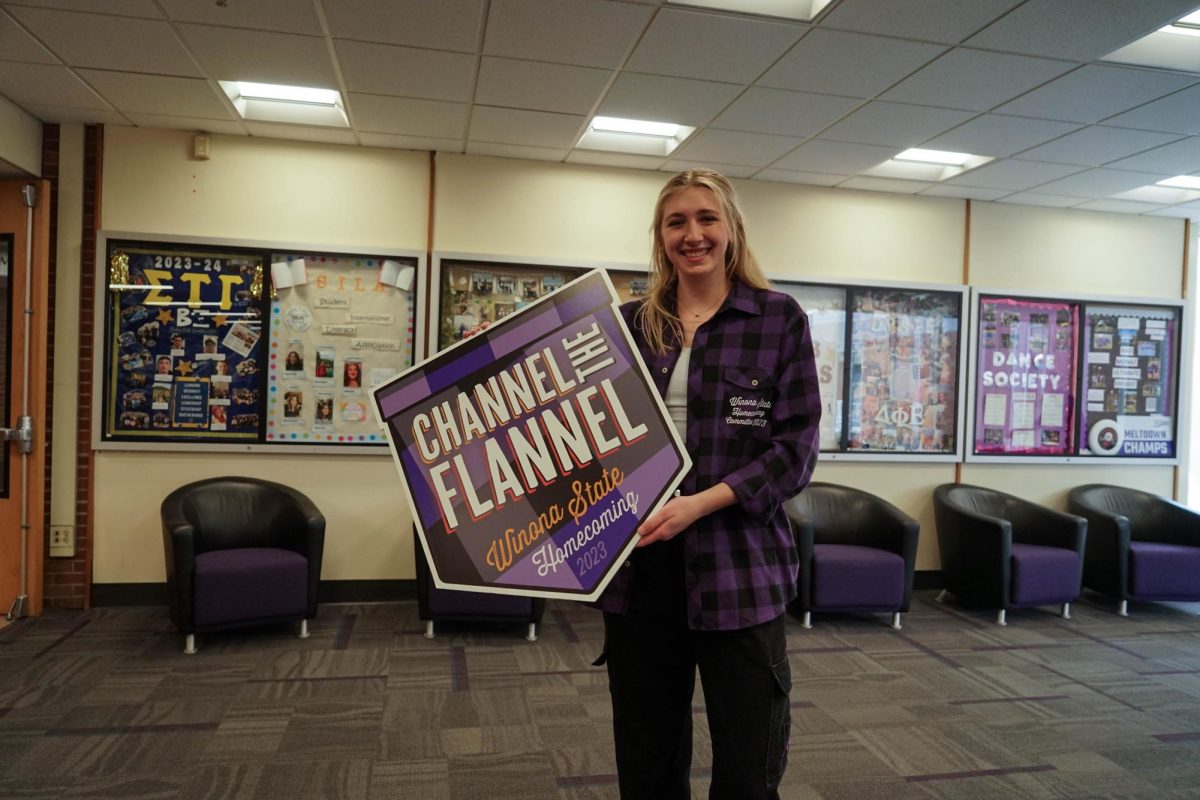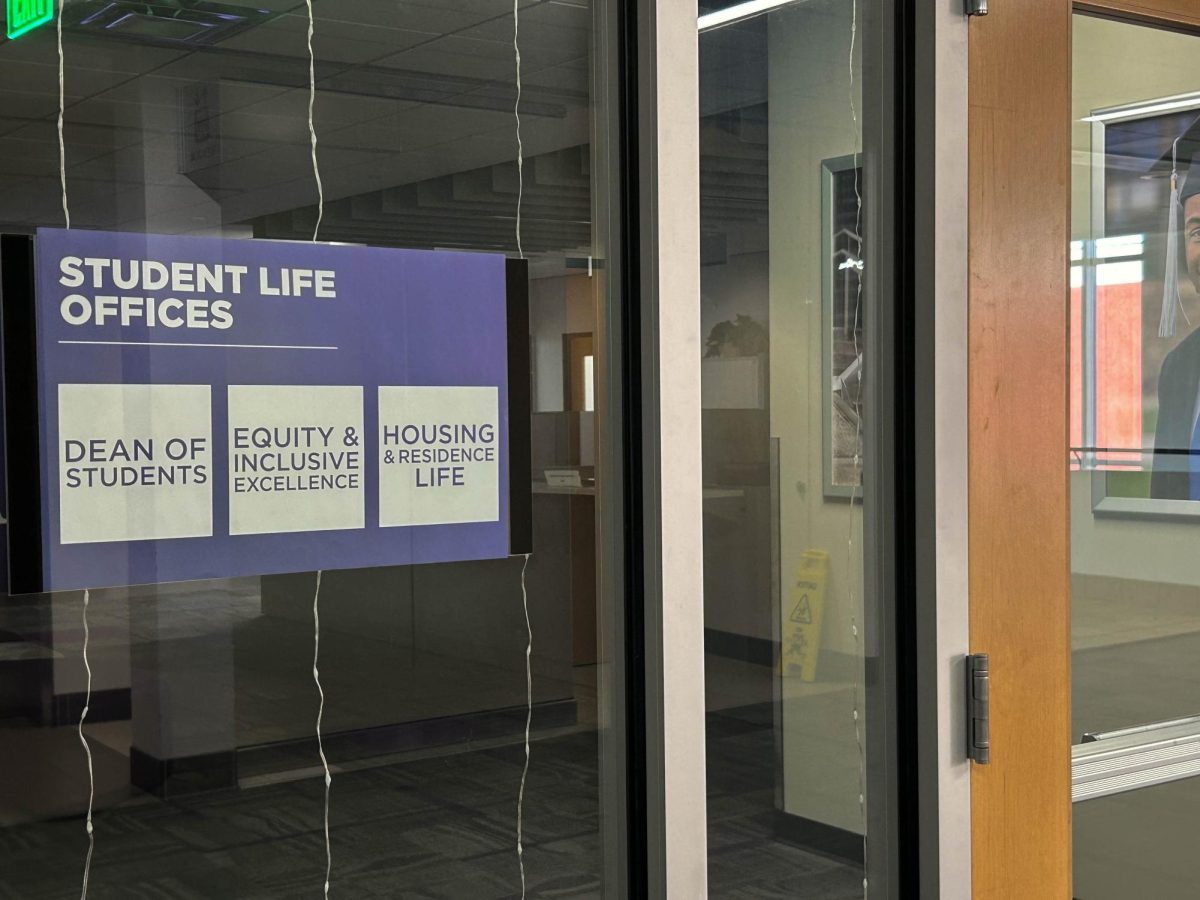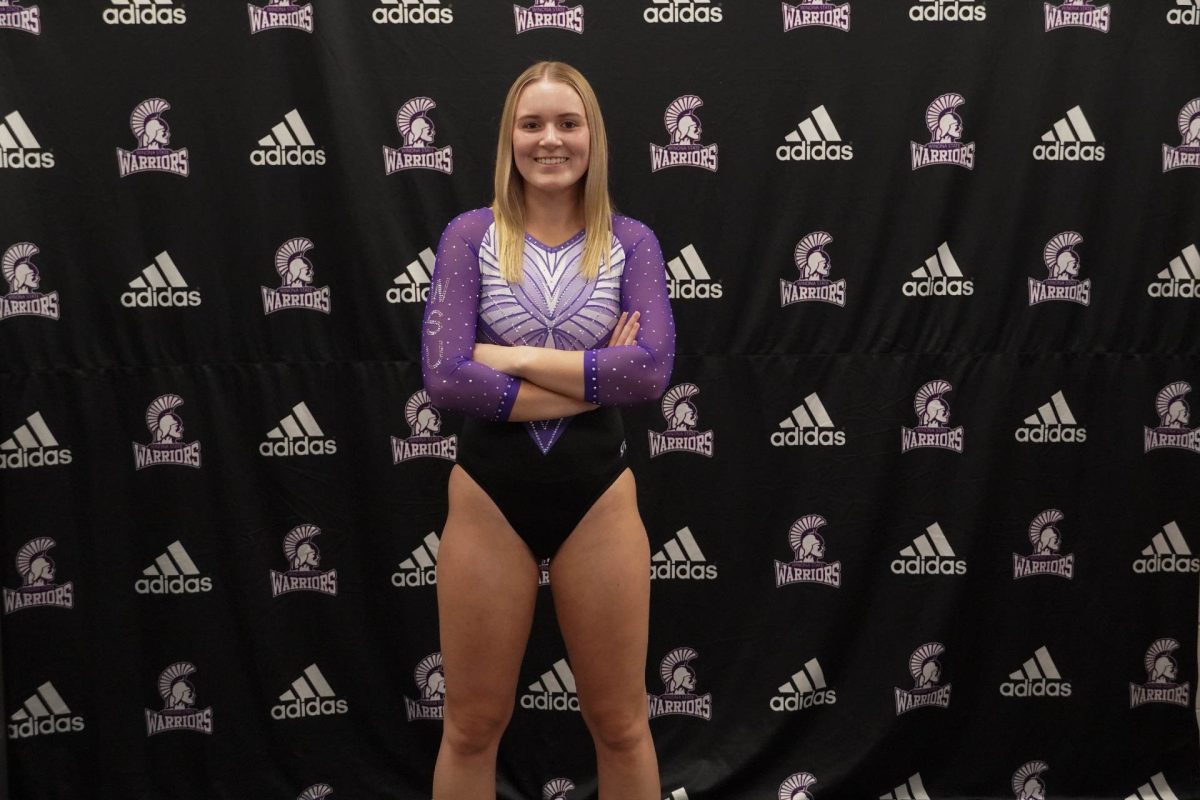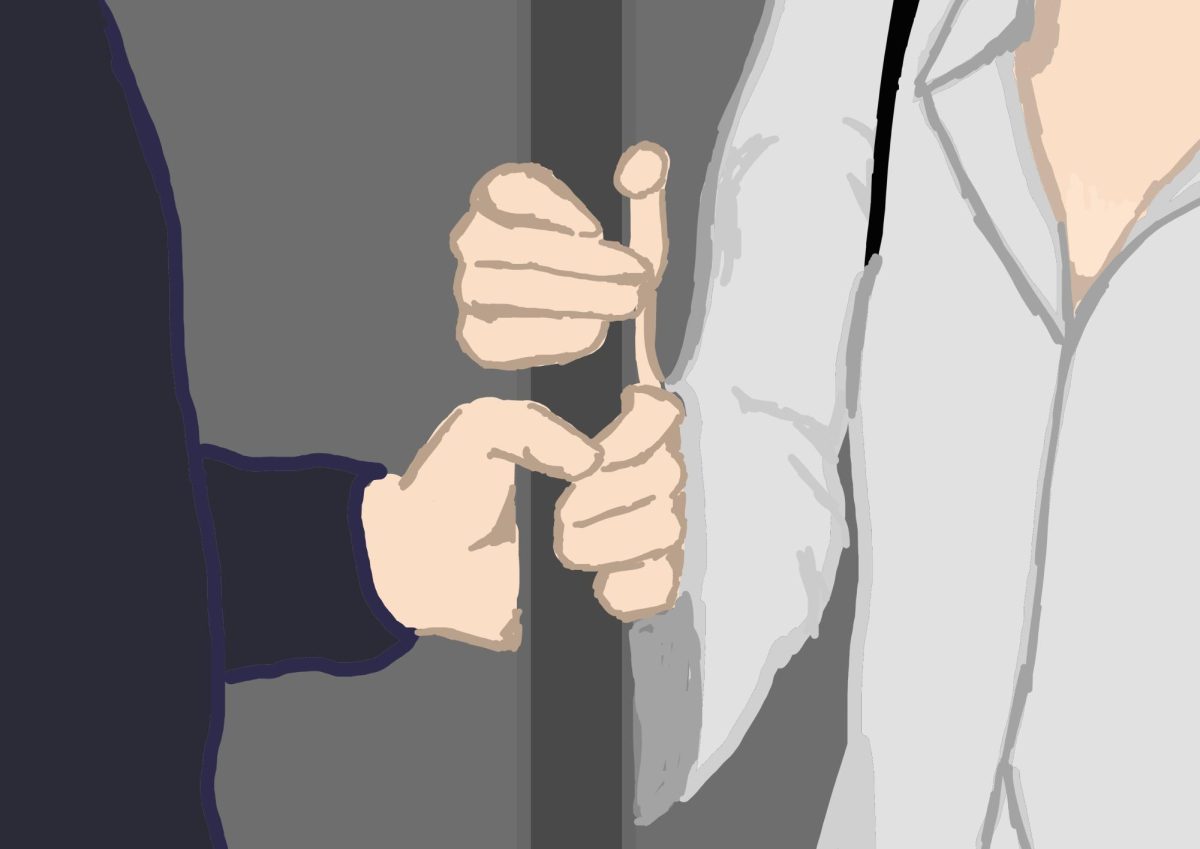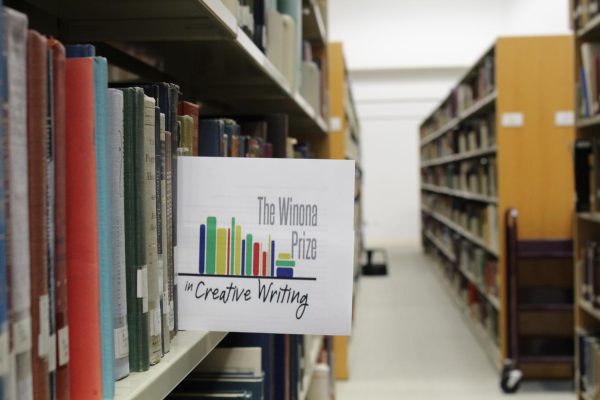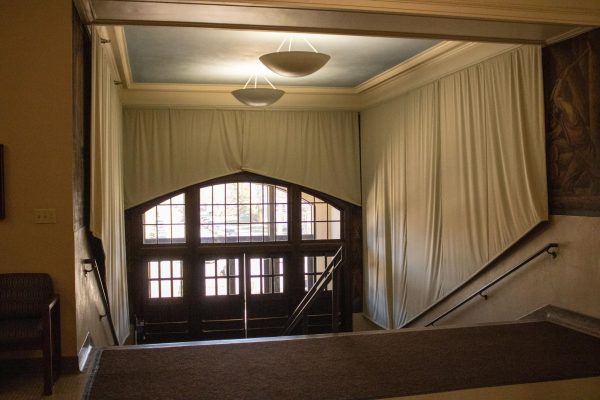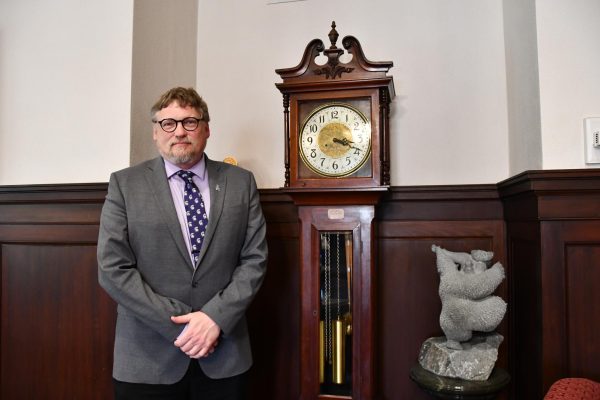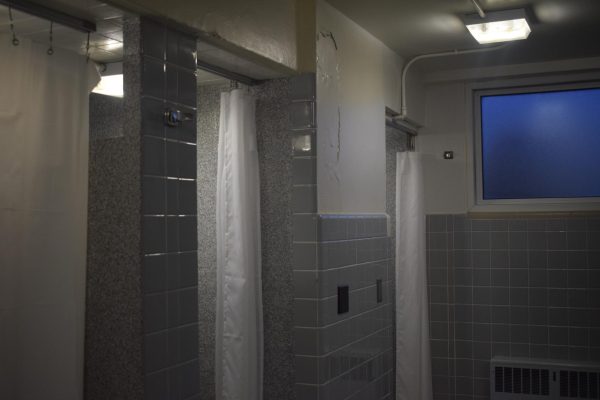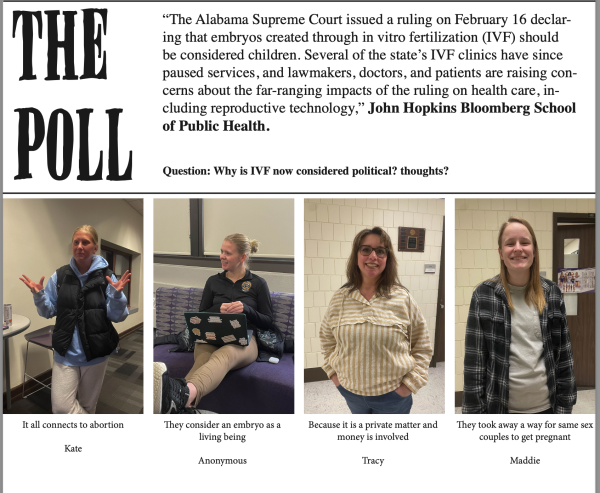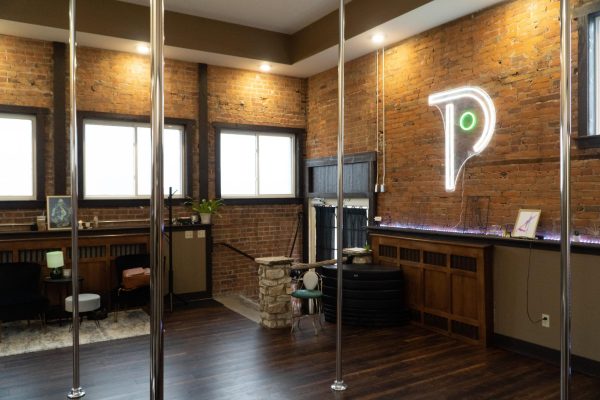College students speak on religion

April 17, 2019
A poll done by The Pew Research Center showed from 2007-2014, the number of Americans who do not identify with any religious group increased from 16 to 23 percent.
When looking at those born 1990 -1996, it showed the number of those who are unaffiliated are about 36 percent.
New college students increasingly do not have a religious affiliation according to a CIRO Freshman survey. From 1986 – 2016, the number of college freshmen who identified with having no religious affiliation has increased from 10 to 30 percent.
Despite the recent polls showing more college students not identifying with any religious group, Steph Peterson, director of Chi Alpha, expressed optimism about the involvement of Winona State University students in Chi Alpha.
“If you went to Chi Alpha on a Thursday night, I bet you 70 – 80 percent of the students will say they had no intention to be part of a religious group on campus,” Peterson said.
Peterson said she believes Chi Alpha has been increasing in membership over the past few years.
“I think every year we look Chi Alpha gets bigger. If you look at numbers, or what I think a is better indicator, the number of leaders. And this year our leaders is some 60 – 70 students,” Peterson said.
Kristine Smith, a sophomore psychology major, has grown up in a mixed religion household, with one parent being Catholic and the other being Jewish. Despite this, Smith said she does not identify with any religious group.
Smith talked about why she considers herself unaffiliated.
“I think there are problems with it from not just an ethical standpoint,” Smith said. “I don’t think religion is inherently bad. My biggest issue with it is dealing with life in absolutes and closing yourself off from different experiences. I think we should focus more on ethics than a set religion.”
Smith mentioned why she thinks the number of unaffiliated students has increased.
“I think it’s because over the past few decades we have so much more information available to us. With for example the internet. Obviously, there’s plenty of misinformation out there as well but we have seen improvements and advances in the sciences,” Smith said. “I think people are starting to realize ‘hey, this view works for me.’ Or ‘I want to choose what fits more with my ideas.’”
Peterson said she believes many students grew up in a Christian household, but had later become unengaged with their church.
“A lot of these students would say, ‘We came from a Christian family.’ But there’s not necessarily an active participation in that faith. If they do go to church, usually it’s just one or two times a year,” Peterson said.
Alex Einck, a senior biochemistry major, said he grew up in a Catholic household, but over time it became a less important part of his life.
Einck also mentioned when he first considered himself to be non-religious.
“It started partly in high school. My family started going less consistently. Also, when I went to college, I never sought it out myself. At that point I decided I wasn’t religious,” Einck said.
Einck said he thinks the reason more students are not religious is the increased availability to internet and the ability to connect with other people around the world.
“Maybe it’s partly due to the internet,” Einck said. “It’s easier for people to find other non-religious people. Without all this inter-connectivity if you were to leave like your family religion you might not have a community of non-religious people around in certain areas.”
Peterson said one of her concerns for students who do not attend church or other religious groups is loneliness.
A recent survey done by the American College Health Association in 2017 found out of 48,000 college students, about 64 percent, have reported feeling lonely within the past 12 months.
Peterson said she believes because more students are not participating in their local church, it has led to an increase in feelings of loneliness and depression in students.
“If I looked at the beginning since my time here, I have noticed a big change. Especially in the last five years. There are students that are realizing that they are lonely and it wasn’t working for them,” Peterson said.
Smith said despite not attending church, she is involved in the community through other outlets.
“I’m really active in the community. I really enjoy doing arts and culture stuff. Meeting with different groups on campus like KEAP Center. Other things as well like gardening, farming and just community-oriented things that don’t take place with religion,” Smith said.
When talking about the main purpose of Chi Alpha, Peterson said it is meant to provide a community for Christian students.
“When they hear the simple message that Jesus has, that is, this is how you follow me. That is way more attractive to these students, they come and join our group,” Peterson said. “There’s many times I say when you are part of Chi Alpha, you are not changing your denomination, you are not joining a church. All were doing at Chi Alpha is helping you be a follower of Christ while in college.”
Since Smith considers herself unaffiliated, she talked about the values she tries to live her life by.
“I do good for others. I do try to live my life in a Jewish tradition which is we’re here to gain as much knowledge and wisdom as we can but that is a very secular Jewish ideology. Other than that, I just try to be open to things,” Smith said.
Einck also said he thinks one can have moral values without being religious.
“In general, I just try not do anything to hurt anyone. I don’t think you need a religious reason to be moral,” Einck said.
When reflecting on the poll, Peterson said she believes many students and young adults will come back to their faith because of the value it provides.
“We have a generation or two now that has been very spiritually starved,” Peterson said. “Because it hasn’t been the family goes to church together. We are spiritual beings. We have a whole generation that have not had a spiritual need met. I think that can be part of the depression because there is not a spiritual outlet. I think there’s a swing of the pendulum where people are going to come back to the faith because they realize how bankrupt they are without it.”
Smith expressed skepticism toward college faith groups and said she believes they may not have a college student’s best interest in mind, but said she is glad more students are questioning their religion.
“I think there are lot of religious groups that are predatory toward vulnerable beginning college students or young adults,” Smith said. “But I think it’s more of a societal norm now that we question these things. I’m very glad for that.”
Many students identify with their faith group based on the faith their parents practice. Einck mentioned this was a reason why he was a Catholic growing up.
“I think the main thing that made me make the change was just realizing that if I hadn’t grown up in religious household I wouldn’t have converted to it,” Einck said. “I realized the only reason had I was there was because I was told that’s what I had to believe all my life.”
When looking at the those who consider themselves “none” in the poll, there was a wide range of reasons from people on why they were unaffiliated. Smith mentioned she is primarily skeptical about the views Christian groups have and what they believe in the bible.
“You see for example that certain groups on campus that are anti-LGBTQ. I think it’s someone else’s life and that stuff doesn’t need to be bad,” Smith said. “There’s a lot of good things in the bible, but there’s also a lot of things that people don’t pay attention to that are really awful. Like if you’re going to say your bad for being gay because the bible says so.”
Peterson reflected on the role of Chi Alpha in the community and shared her thoughts on recent criticism of Christian groups like Chi Alpha.
“What we have seen is this embracing. I think if there’s a push back against the church or religious group, it’s because that group doesn’t understand that you are here to be part of this community, not accidently contrast with it,” Peterson said. “But we are here to add to the experience and betterment of students at Winona State.”
Smith added she believes it can be acceptable to be unaffiliated and not have a clear answer to life’s questions.
“It’s not as hard or as scary as for other people. I think it’s important to keep in mind that when you’re dealing with absolutes. With the big questions in life it is OK not find a strongly put answer,” Smith said. “Sometimes there are just not answers and that’s OK. And viewing life in absolutes is just putting yourself in a room with no windows and doors.”




